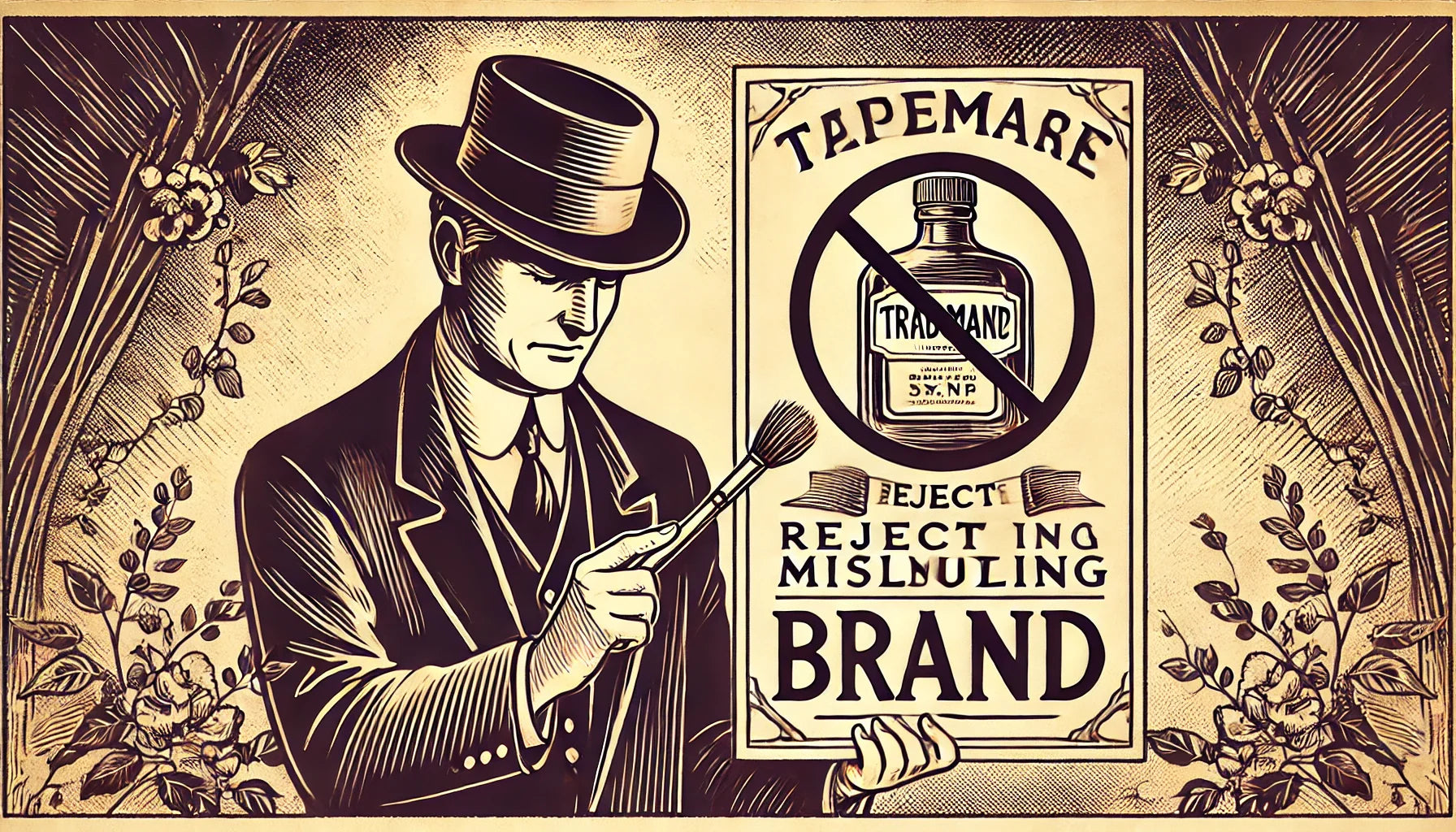What type of business do I need? An LLC, an S-Corp, or a C-Corp?

So you’ve decided to venture into business – congratulations! Starting a business is an exciting adventure with its ups and downs. While there are many tough decisions you’ll be making, one of the most important decisions you’ll need to think about is the type of business structure you’ll choose for your business.
The business structure you choose affects your taxes, control, and your personal liability every step of the way. To help you start off on the right foot, we will explain the different types of business structures and what to consider when deciding on the right structure for your business. We will also unpack the pros and cons of each type of business structure to help you make the best decision when setting up your business.
So, let’s get started.
Types of business structures
- Sole proprietorship
Most small businesses start out as sole proprietorships. These types of businesses are owned by one person, who is responsible for the day-to-day operations of the business. A sole proprietor can be a small business, independent contractor, or even a freelancer.
One of the major downsides of registering a sole proprietorship is it does not have separate legal status and it has unlimited liability. This means your personal assets are always at risk in case anything happens in the business.
2. Limited liability company (LLC)
LLCs are a popular option for many US business owners. They are also the best structure to choose in terms of liability protection and taxation.
LLC’s have unlimited liability- meaning your assets are always protected in case anything happens in the business. They also have fewer requirements compared to corporations and less paperwork required to set up the business.
On the downside, LLCs are more costly to set up compared to sole proprietorships. You might also need to hire an attorney or accountant to help you ensure that you comply with all the tax and legal requirements.
3. C-corporation
Corporations have the strongest personal liability protection. They are a separate legal entity and are owned by shareholders.
The main advantage of setting up a C-corp is the ease of raising capital. With a C-corp you can sell stock shares to investors to raise the capital you need for the business.
As a disadvantage C-corps are taxed separately from their owners which often results to double taxation. They are also costly to form compared to LLCs and have more administrative duties.
4. An S-corp
S-corps are very similar to C-corps but are not required to pay income taxes. Shareholders report their income based on individual tax returns which helps avoid double taxation.
Also, similar to C-corp, an S corporation offers liability protection to its owners and capital is easy to raise through the sale of shares.
Choosing the right business structure
For most people choosing an LLC when starting out is a great choice. An LLC gives you the best of both worlds i.e. Liability protection and ease of formation. However, if you will be looking for investors- angel investors or venture capitalists – for your business then it is advisable that you choose a C-corp or an S-corp. This way you can sell shares of your business and allow people to invest in your business.
It is also important that you talk to your accountant about the tax benefits you expect with each type of business setup. An accountant can help you think through the benefits and help you decide the best structure for your business.
Have a question on the right business structure? Feel free to reach out to us! We will be happy to strategize and talk about it. Otherwise good luck with your business!




